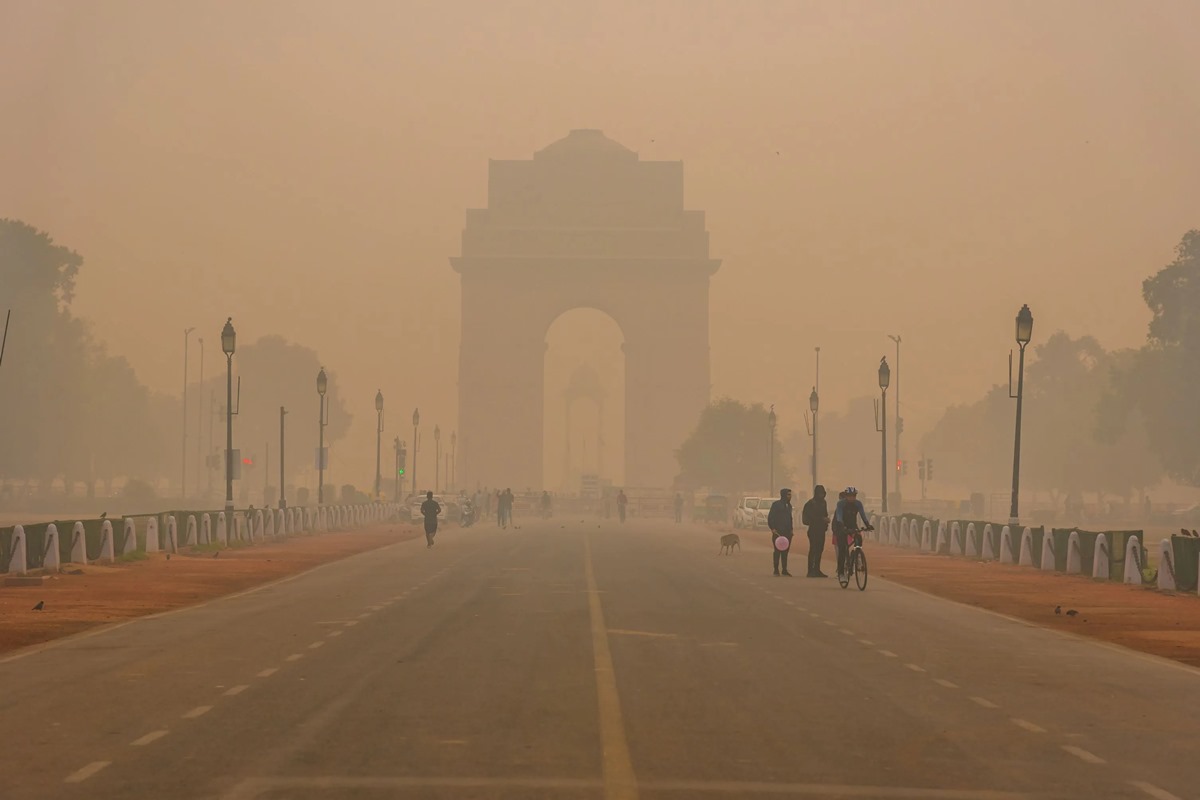The air quality in the national capital plummeted to the ‘severe’ category, with an average AQI of 401 recorded at 7 a.m. on Tuesday despite a spell of light rain
The highest Air Quality Index (AQI) was reported at the Bawana station (455), while the IHBAS Dilshad Garden station recorded the lowest at 222, placing it in the “poor” category. Prominent areas like Rohini (451), Anand Vihar (442), and Punjabi Bagh (431) also reported “severe” air quality, while Shadipur registered the lowest among the “very poor” category at 360.
Advertisement
Adding to the environmental concerns, Delhi experienced a chilly morning with a minimum temperature of 10.8 degrees Celcius recorded at 5.30 a.m. Light rain and a drop in temperature further accentuated the winter chill. The India Meteorological Department (IMD) forecasted a generally cloudy sky with the possibility of light rain or drizzle, alongside a yellow alert for fog. The maximum and minimum temperatures are expected to hover around 20 and 8 degrees Celsius, respectively.
Thick fog continued to blanket parts of the city, significantly reducing visibility.
Despite the implementation of Stage IV of the Graded Response Action Plan (GRAP) across the NCR since December 16, air quality remains hazardous. GRAP Stage IV measures are among the most stringent to curb pollution levels.
As per the Central Pollution Control Board (CPCB), AQI levels between 401 and 450 are classified as “severe”, while those above 450 fall into the “severe plus” category.
The Supreme Court recently directed Uttar Pradesh and Haryana to impose a firecracker ban akin to Delhi’s and emphasised stringent implementation of GRAP and the Solid Waste Management Rules, 2016. The apex court also ordered NCR states to deploy teams at Delhi’s entry points to monitor compliance with GRAP IV measures.
Residents are increasingly reporting health issues related to the pollution, including respiratory problems and eye irritation. The combination of thick fog, and toxic air has made life challenging for the people of Delhi, with many calling for stronger and more effective measures to combat the crisis.











